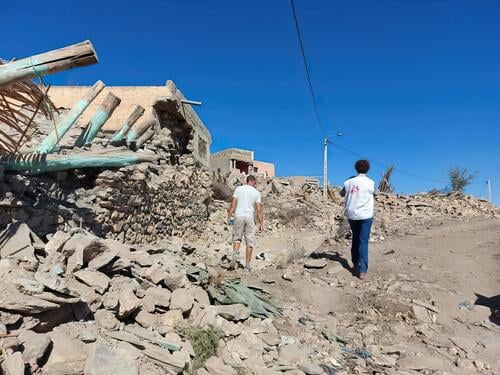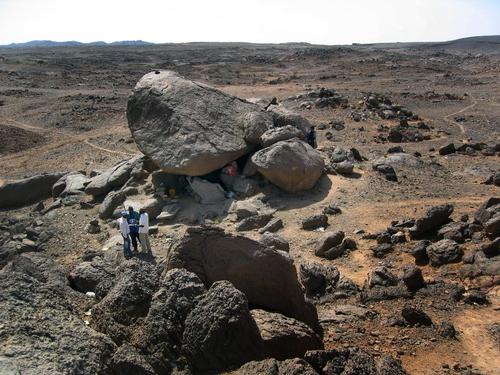
Algeria
MSF first worked in Algeria in 1980 and closed its projects in 2016.
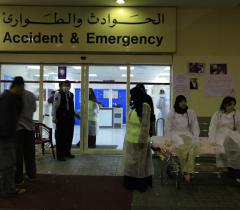
Bahrain
MSF first worked in Bahrain in 2011 and closed its projects in 2012.
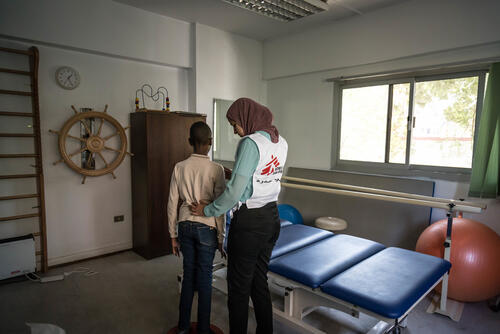
Egypt
Egypt is a key transit and destination country for African and Middle Eastern refugees and migrants, many of whom have been subjected to violence or persecution in their countries.
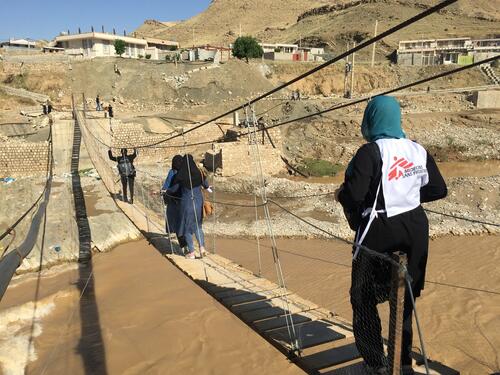
Iran
MSF provides free healthcare to excluded and marginalised groups in south Tehran, including drug users, sex workers, street children and the ghorbat ethnic minority.
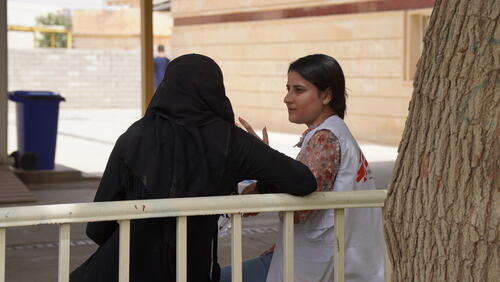
Iraq
Learn about MSF projects in Iraq, where the health sector is struggling to meet the dire needs.

Jordan
Jordan hosts over 700,000 refugees, according to the UNHCR, many of whom reside in camps or have settled in the country.
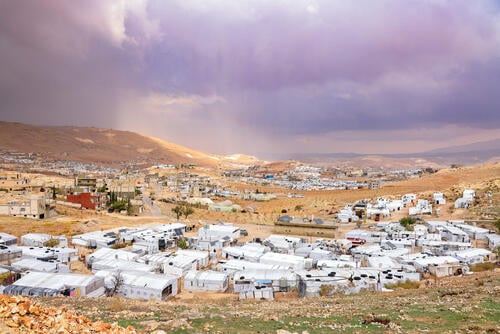
Lebanon
More than 1.5 million Syrians have fled into Lebanon since the conflict began in 2011, making Lebanon and Jordan the countries hosting the largest proportion of refugees in the world.

Libya
Libya remains fragmented by conflict and fighting continues in several parts of the country. The breakdown of law and order, the economic collapse and the existence of three governments has had a severe impact on the healthcare system.
